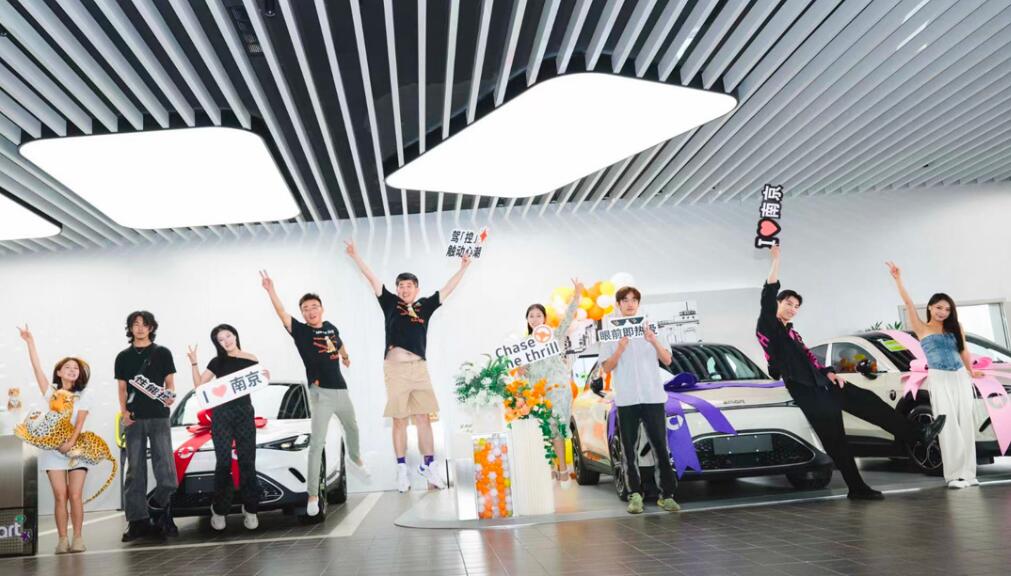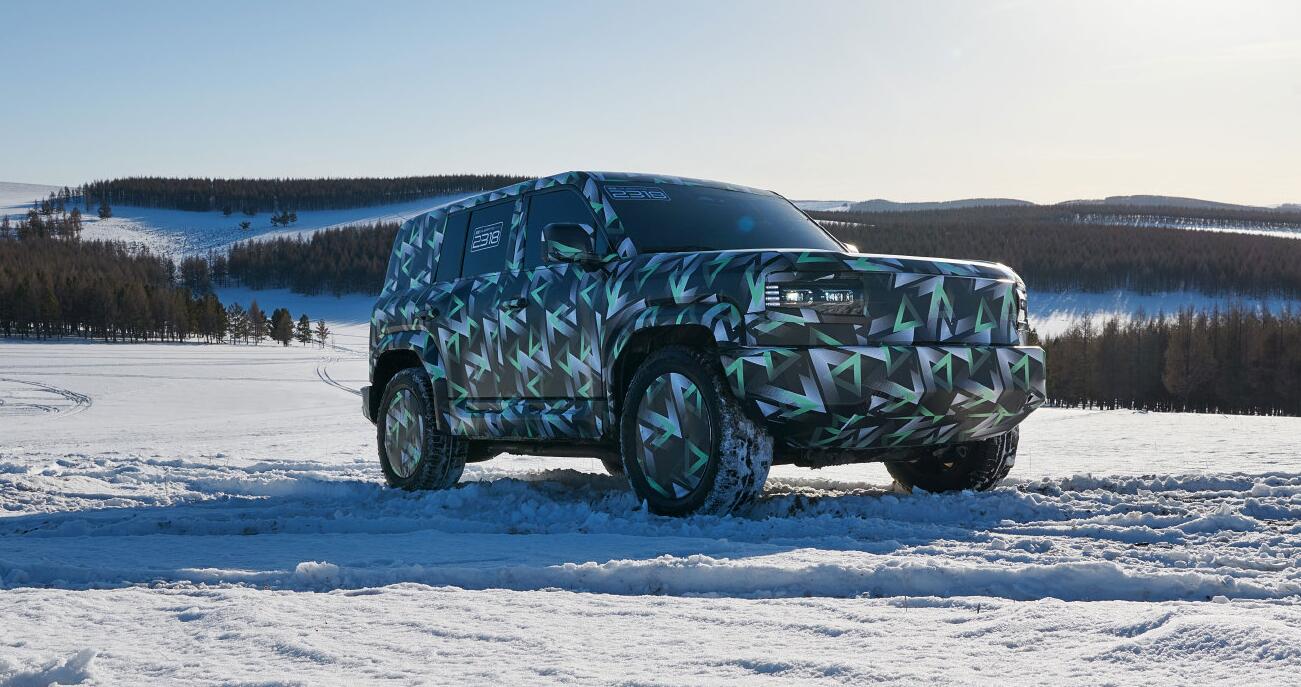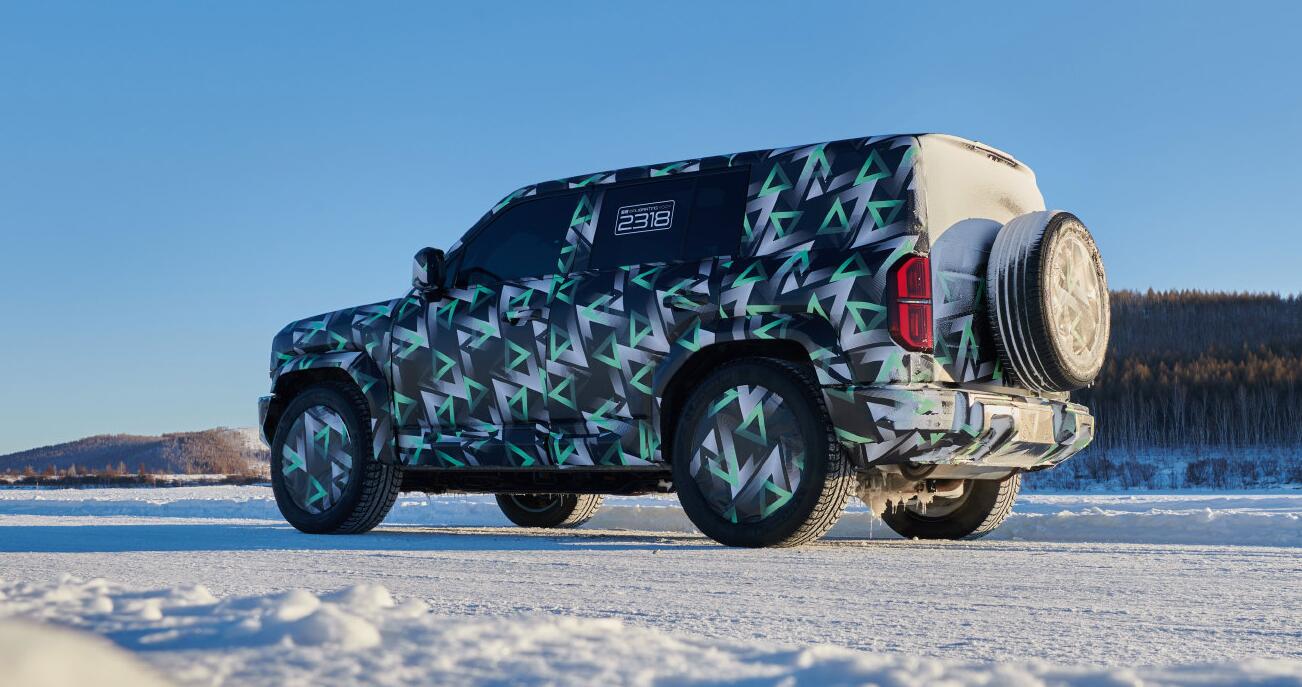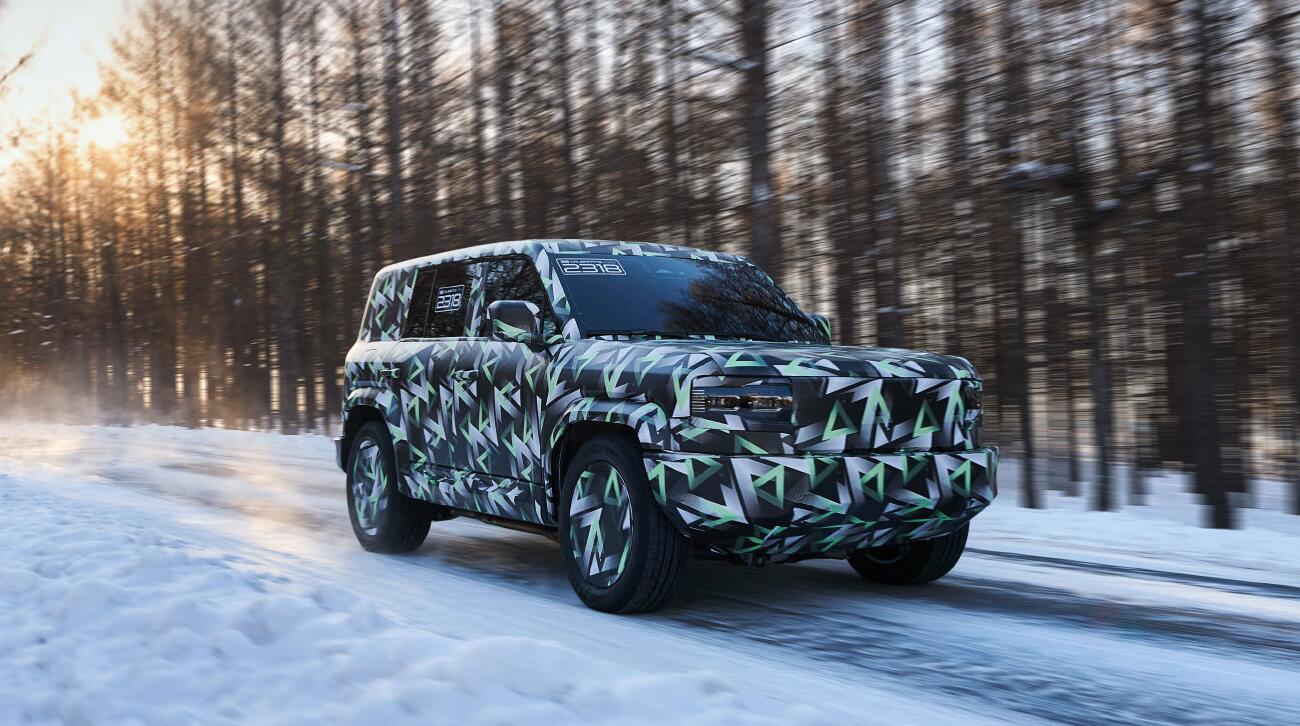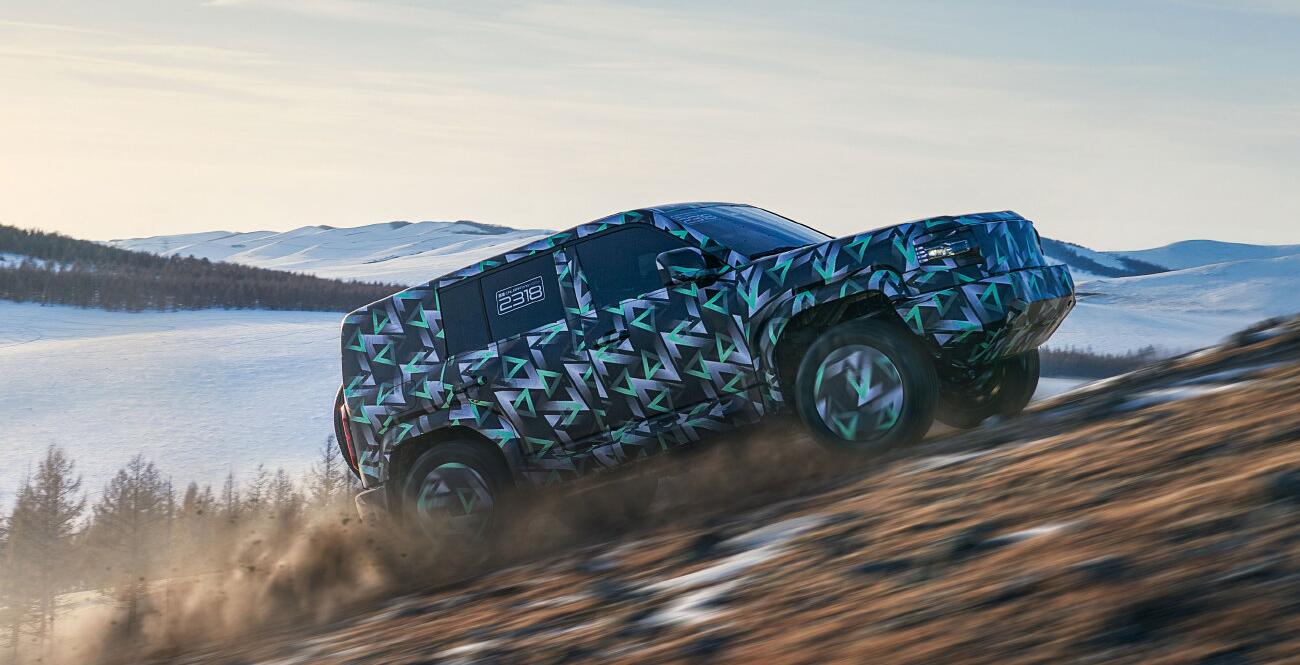BYD, together with local partner EV Direct, has launched the Dolphin in Australia with a starting price of A$38,890.

(Image credit: BYD)
BYD (OTCMKTS: BYDDY) has launched another electric vehicle (EV) in Australia after the Atto 3.
BYD and Australian partner EV Direct officially launched the Dolphin locally at a launch event on June 22, according to a press release from the Chinese new energy vehicle (NEV) giant yesterday.
The car is available in 3 versions in Australia, with starting prices of A$38,890 ($26,000), A$44,890 and A$49,990 respectively.
For reference, BYD Dolphin is offered in three versions in China with starting prices of RMB 116,800 ($16,200), RMB 123,800 and RMB 136,800 respectively.
The BYD Dolphin is an A0-class pure electric vehicle with a length, width and height of 4,290 mm, 1,770 mm and 1,570 mm, respectively, and a wheelbase of 2,700 mm.
The model will enrich BYD's product matrix in the Australian market and help the country achieve a green future, BYD said.

BYD launched the Dolphin in China on August 29, 2021, the first product in its Ocean lineup and the first model based on its e-Platform 3.0.
BYD sold 240,220 NEVs in May, including 30,679 units of the Dolphin, according to figures released earlier this month.

The introduction of the Dolphin to Australia is BYD's latest move in the country.
BYD launched the Yuan Plus in China on February 19, 2022, and opened pre-orders for the model in Australia at the same time under the Atto 3 name, with an official guide price of A$44,990 to A$47,990 at the time.
In August 2022 BYD announced on Twitter that the company had shipped 1,000 Atto 3 vehicles to Australia, the first BYD passenger cars to be sent to the country.
The Atto 3, BYD's first global model, has already entered many other markets including Singapore, Europe, Mexico and the United Arab Emirates.
The Dolphin has also been introduced to a number of markets including Japan, Colombia, Europe, and Ecuador.
($1 = A$1.4954, $1 = RMB 7.2123)
BYD May sales breakdown: Qin 43,757 units, Song 38,014 units
The post BYD launches Dolphin EV in Australia appeared first on CnEVPost.
For more articles, please visit CnEVPost.









